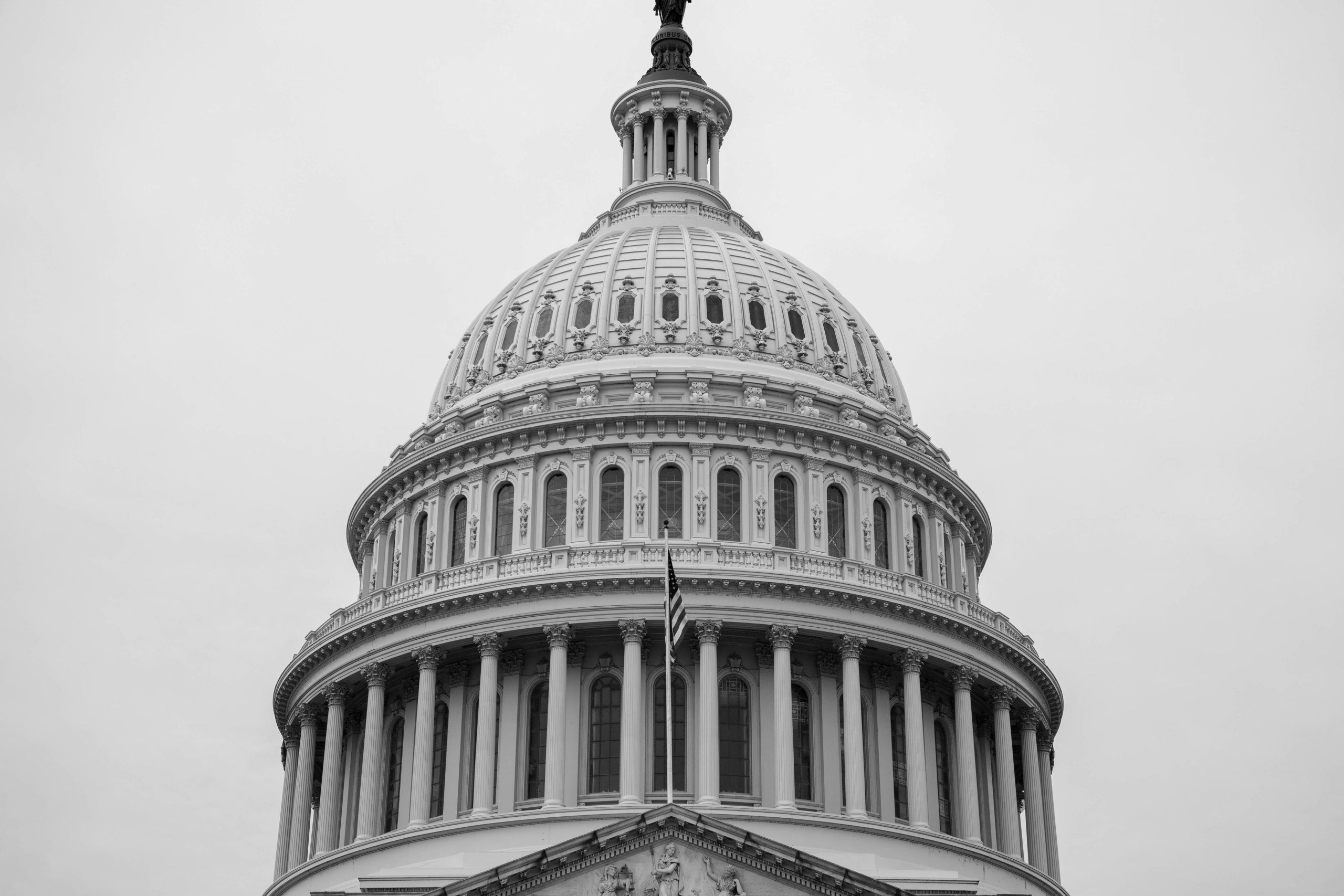 The U.S. presidential election is set to be held in just fifteen days and the stakes couldn’t be higher for immigrants at the mercy of our broken immigration system.
The U.S. presidential election is set to be held in just fifteen days and the stakes couldn’t be higher for immigrants at the mercy of our broken immigration system.
In this blog post, we discuss where the presidential candidates Kamala Harris and Donald Trump stand on key issues relating to immigration.
What would immigration look like under the Harris administration?
Vice President Kamala Harris is expected to continue many of the immigration policies proposed under President Biden. Among them, illegal immigration continues to be a hot button issue.
Illegal Immigration
Harris plans to tackle the border crisis by pushing for bipartisan legislation that would provide additional funding to hire thousands of new border patrol agents to secure our southern border.
In keeping with Biden’s proposals, Kamala also supports closing the border once border crossings have reached an average of more than 5,000 migrants per day over a week period. She has also said she will throw her support behind Biden’s policies barring asylum applications from individuals crossing the border illegally.
Since becoming Vice President, she has become tougher on illegal immigration telling CNN, “We have laws that have to be followed and enforced that address and deal with people who cross our border illegally. And there should be consequences.”
Concerning pathways to permanent residence, she supports “an earned pathway to citizenship” for undocumented immigrants. However, no details have been provided by her campaign regarding necessary criteria to become legalized.
 Visa Lawyer Blog
Visa Lawyer Blog







